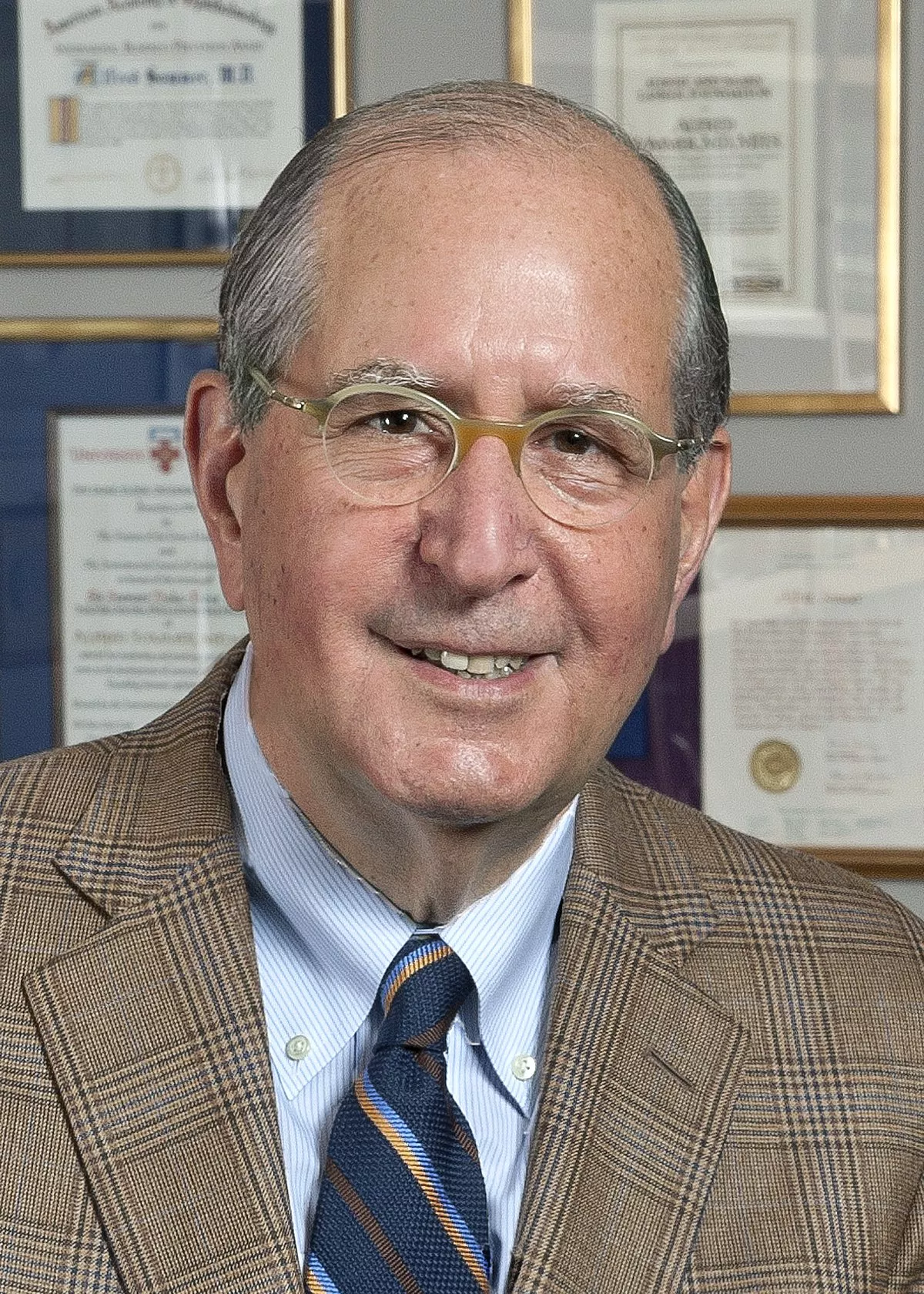 1.
1. Alfred Sommer was born on October 2,1942 and is an American ophthalmologist and epidemiologist at the Johns Hopkins Bloomberg School of Public Health.

 1.
1. Alfred Sommer was born on October 2,1942 and is an American ophthalmologist and epidemiologist at the Johns Hopkins Bloomberg School of Public Health.
At Union College, Alfred Sommer received a Bachelor of Science in biology, with a minor in history.
Alfred Sommer attended Harvard Medical School and obtained his MD in 1967.
Alfred Sommer served as a medical intern and resident at Harvard University's Beth Israel Deaconess Medical Center from 1967 to 1969.
In 1969, Alfred Sommer joined the Public Health Service as an Epidemic Intelligence Service officer at the Centers for Disease Control and Prevention, and moved overseas with his family to work in the Cholera Research Laboratory in Dhaka, Bangladesh, where he conducted the first formal epidemiologic investigation of a major disaster: the 1970 cyclone that washed away a quarter of a million people in a single night.
In 1972, Alfred Sommer returned to the United States and continued his education at the Johns Hopkins School of Hygiene and Public Health.
Alfred Sommer held this position until 1990 when he assumed the position of dean of the Johns Hopkins Bloomberg School of Public Health.
Alfred Sommer served as dean of the Johns Hopkins Bloomberg School of Public Health until 2005, when he returned to work as a professor and researcher of both epidemiology and ophthalmology.
Alfred Sommer is currently a Johns Hopkins University Distinguished Service Professor, inaugural Gilman Scholar, and Dean Emeritus of the Bloomberg School of Public Health.
Alfred Sommer initiated his research on the causes and effects of vitamin A deficiency while still a resident at the Wilmer Institute.
Alfred Sommer was appointed Visiting Professor of Ophthalmology at the University of Padjadjaran in Indonesia.
Alfred Sommer conducted a sequence of observational and intervention trials in Indonesia, and subsequently elsewhere, that led to his discovery that Vitamin A deficiency reduces immune responsiveness, and therefore resistance to deadly infectious diseases, especially diarrhea and measles.
Alfred Sommer was forced to repeat his experiments multiple times before convincing the scientific community of the importance of Vitamin A deficiency in contributing to the death and blindness of nearly a million children every year, and the effectiveness of one large oral dose of vitamin A, twice a year, in preventing these outcomes.
Alfred Sommer solidified scientific support by organizing an international conference on the issue at the Rockefeller Foundation center for study in Bellagio, Italy.
The scientists at the conference concluded that almost any intervention that substantially improved children's vitamin A status, including the use of twice yearly large dose capsules, which was the focus of Alfred Sommer's research, was shown to reduce the child mortality rate of these Vitamin A deficient children by as much as 34 percent.
Alfred Sommer is an elected member of both the National Academy of Sciences and the National Academy of Medicine.